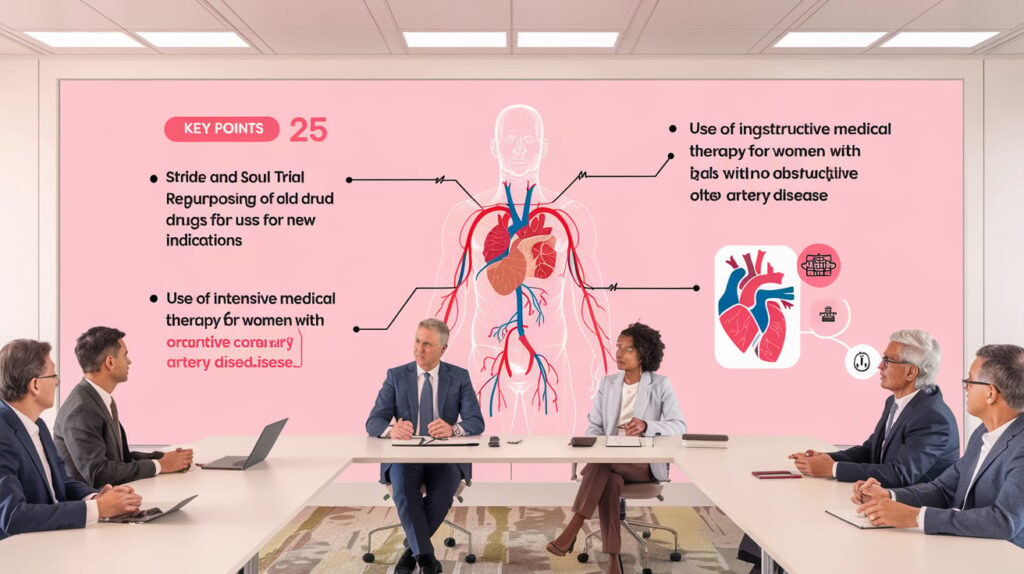Cardiovascular pharmacology made significant strides at the ACC.25 conference, with groundbreaking late-breaking trials introducing new therapies, repurposed drugs, and innovative solutions for long-standing treatment challenges. Dr. Richard Kovacs, Chief Medical Officer of the American College of Cardiology, highlighted key trials that focused on metabolic and chronic conditions, old drugs with new uses, and pioneering therapies.
Semaglutide’s Impact on Peripheral Artery Disease (PAD)
Among the standout trials was STRIDE, which demonstrated the first meaningful therapy in over two decades for patients with peripheral artery disease (PAD). The GLP-1 receptor agonist semaglutide significantly improved symptoms and walking distance for patients with claudication, filling a major gap in PAD treatment. This breakthrough is particularly timely given the disparities in PAD care, especially for Black patients suffering from critical limb ischemia.
Another trial, SOUL, tested oral semaglutide for cardiovascular outcomes, offering a pill-based alternative to the injectable form, which may help patients averse to needles. Despite modest results compared to the injectable version, this development provides a valuable option for many patients.
Repurposing Old Drugs for New Indications
The API-CAT trial explored low-dose apixaban for cancer patients with venous thromboembolism (VTE), showing comparable efficacy to standard doses but with fewer bleeding risks. This represents a promising expansion of a well-known drug.
On the other hand, the WARRIOR trial evaluated intensive medical therapy (IMT) with high-dose statins and ACE inhibitors/ARBs for women with ischemia but no obstructive coronary artery disease (INOCA). While the trial did not show a significant reduction in major cardiovascular events, it shed light on an often-overlooked group of patients and emphasized the need for further research.
New Frontiers in Cardiovascular Therapies
The lorundrostat trial showcased an aldosterone synthase inhibitor that demonstrated significant blood pressure reductions in patients with resistant hypertension. As hypertension remains under-recognized and under-treated in the U.S., this drug could be a critical addition to hypertension management.
Lastly, REVERSE-IT presented data on bentracimab, a monoclonal antibody that reverses the effects of ticagrelor in patients experiencing major bleeding, offering crucial support in emergency situations.
These late-breaking trials underscore the evolving landscape of cardiovascular therapies, with promising advancements poised to improve outcomes for a diverse range of patients.
Follow MEDWIRE.AI for more updates on groundbreaking cardiovascular treatments.








